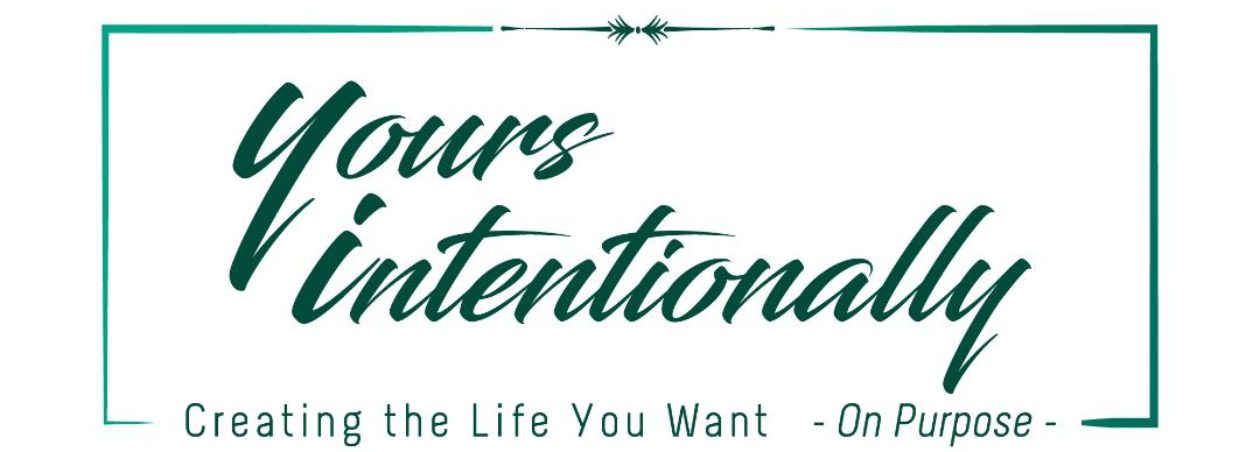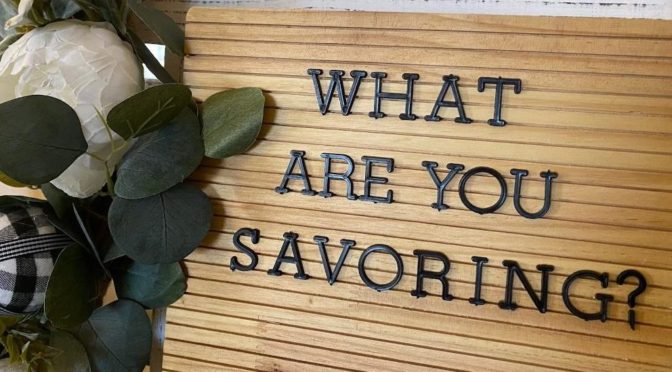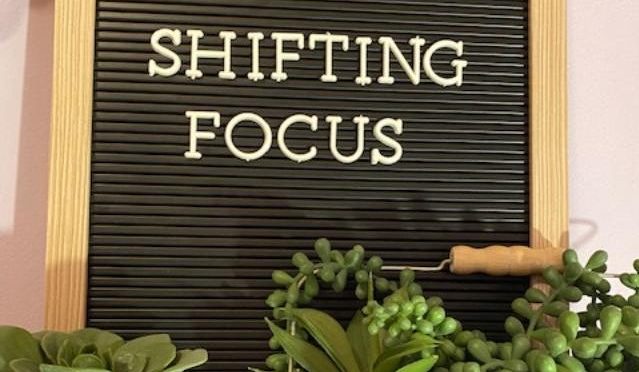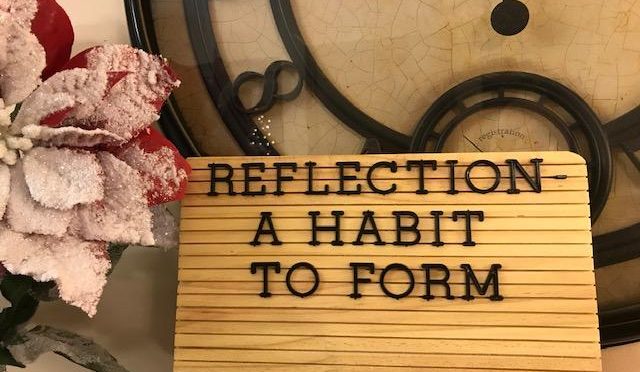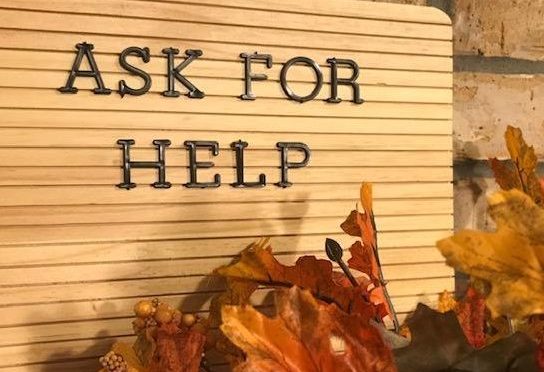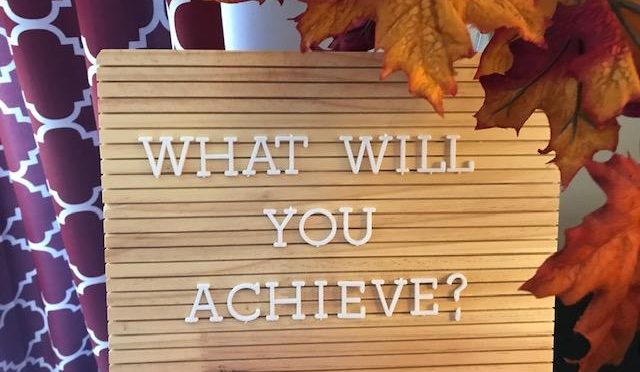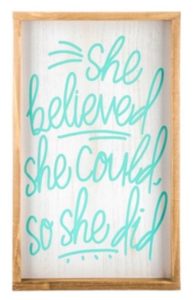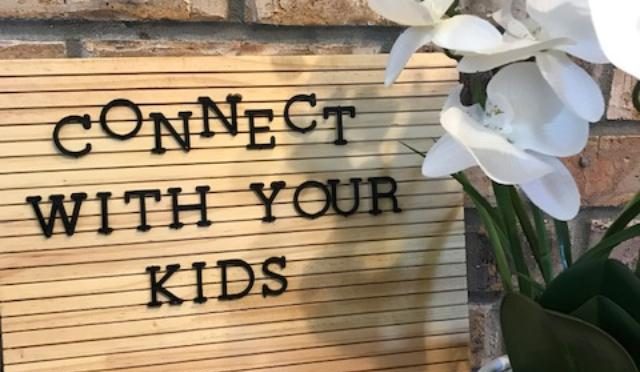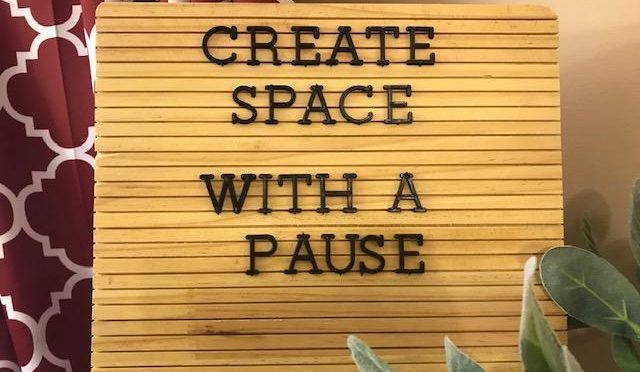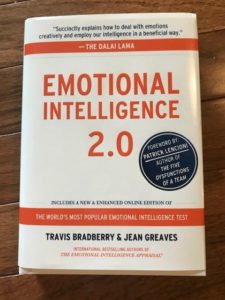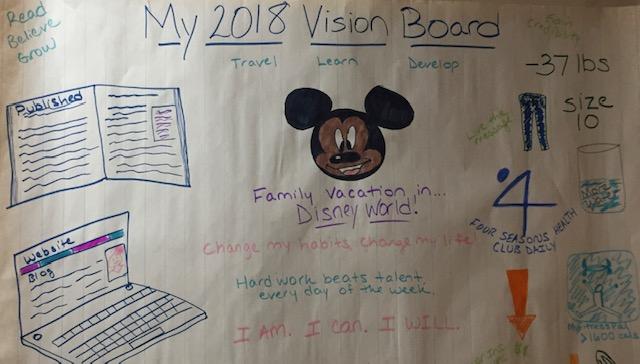I’ve always relished the end of the year as a time to look back and reflect. A time to consider what went well, what could have gone better, what you want to do more or less of, and what goals you look forward to achieving in the coming year.
At the end of 2024, I invited into the conversation my two daughters who are now in 9th and 6th grades at ages 14 and 11. I asked them how they felt the year went and what they were proud of. Surprisingly, the conversation turned into us talking about the BEST year of our lives. Ironically, it wasn’t this past year or the year before. It was 2022. We all agreed that was the very best year any of us ever had. It made me wonder: What made 2022 so great for all of us? What were we doing that made it the best? And, most importantly, could we recreate that somehow?
As we reflected and continued to talk, several things became clear.
Recreating our best year
It was our second year living in Michigan after moving to my husband’s family farm. We were finally feeling a little more settled. Settled into our remodeled home, settled in at a new church, settled into the schools that had been brand new to them in 6th and 3rd grades, but in 7th and 4th, they had more confidence. They had found their friend group and felt a sense of belonging. It was also the first year Anna found her love of volleyball by joining the school team. Also, both loved their teachers and the kids in their classes. It was just good for them all around.
Focused on health and feeling amazing
For me, it was a year in which I was focused on my health. I  started a healthy habits program in August 2021, and with my success, I decided to become a health coach by December 2021. With that, I entered 2022, feeling focused and determined. I attended yoga regularly with friends, drank tons of water, followed my dietary program, and enjoyed cooking new, healthy recipes. I also focused on healthy motion and getting more movement into my day as I have a mostly sedentary lifestyle.
started a healthy habits program in August 2021, and with my success, I decided to become a health coach by December 2021. With that, I entered 2022, feeling focused and determined. I attended yoga regularly with friends, drank tons of water, followed my dietary program, and enjoyed cooking new, healthy recipes. I also focused on healthy motion and getting more movement into my day as I have a mostly sedentary lifestyle.
I ultimately lost 26 pounds and gained health and freedom! I began helping others drop unwanted pounds, too. It’s an incredible feeling being able to add value to others and be part of someone else’s success story. There’s nothing like it.
I felt better than ever mentally and physically. I looked amazing and felt young and strong. Truly, I felt unstoppable and limitless – as though, if I could do this, I could do anything!
New speaking opportunities
Those feelings bred greater confidence, which allowed me to say ‘yes’ to a speaking engagement at the end of the year. My mother-in-law asked me to speak at the Advent Tea she was organizing for her church.  I spoke on the topic of Joy and felt so elated afterward. I knew I needed to find more opportunities to speak publicly because it was so fulfilling for me. Honestly, it’s always been a dream I’ve secretly harbored.
I spoke on the topic of Joy and felt so elated afterward. I knew I needed to find more opportunities to speak publicly because it was so fulfilling for me. Honestly, it’s always been a dream I’ve secretly harbored.
Shortly thereafter, our church put out a solicitation for individuals to help with announcements, offering and prayer during the services. And there it was: an opportunity to use my God-given talents in a way that both served the church and also filled my cup personally. I’ve been serving in that capacity for nearly two years now.
It also was the year that my company granted me a ‘full remote’ opportunity. Prior to that, I had been in limbo wondering if I’d be able to keep my job. Wondering if the company would continue to require me to travel back to IL periodically to fulfill ‘hybrid’ requirements for required time in office. Wondering if I needed to seek employment elsewhere. It had been stressful with the unknown looming. So, when the decision to allow me to be 100% remote was shared with me, it was a great relief – a decision I’m still grateful for today.
Travel and adventures
2022 was also a year of travel and adventure. I found myself on an airplane three times that year, which for me, was unheard of. I didn’t recognize myself.
The first trip was a business trip that I decided to take my mom and daughters on with me because it was to Arizona, and they love that state! While I attended meetings, they shopped or spent the heat of the day of the hotel’s rooftop swimming pool, which they had mostly to themselves! We met up for dinners and evening sightseeing.
mom and daughters on with me because it was to Arizona, and they love that state! While I attended meetings, they shopped or spent the heat of the day of the hotel’s rooftop swimming pool, which they had mostly to themselves! We met up for dinners and evening sightseeing.
 The second trip was to California as a family that summer. My husband has relatives in the San Francisco Bay area who invited us to stay with them and who graciously showed us all the fun hotspots. It was a blast and an opportunity to get to know cousins we’d never met before.
The second trip was to California as a family that summer. My husband has relatives in the San Francisco Bay area who invited us to stay with them and who graciously showed us all the fun hotspots. It was a blast and an opportunity to get to know cousins we’d never met before.
The last trip was to my first Health Coach convention in Atlanta, GA. This time I travelled by myself, which was a huge growth moment as it required me to step way out of my comfort zone. 
But I’m so glad I did it! I had a great time connecting with thousands of other likeminded people seeking to live healthy lives and help transform the lives of others for the better!
What happened?
So here we were, nearing the end of 2024, looking back and reflecting on how awesome 2022 had been. Which made me wonder, what had happened in 2023 and 2024 that made them less than our best.
That was easy, at least for me. A life event in the summer of 2023 left me reeling mentally and hurting emotionally. If you’ve ever had your bubble burst, you can relate; but it was worse than that. This event left me questioning safety and security, which I had taken for granted. It showed me the ugliest side of human beings and scared me. The details aren’t important; the point is, that event derailed my mental health, which took my focus off my physical health.
I stopped going to yoga, and instead of the discipline I once had following healthy habits, I returned to comfort foods to soothe negative emotions. My weight started to return. I felt like a fraud coaching healthy habits when I wasn’t practicing what I preached. I was afraid to continue to put myself out there publicly, so I silenced my voice. I stopped blogging, posted far less on social media, and stopped sharing inspiring, grateful posts because I no longer felt inspired or grateful. My spirit was crushed, and out of fear, I stopped sharing my thoughts online, which was devastating because my dreams of more public speaking, coaching, blogging, and inspiring all took a back seat. And you know what, when your dreams die, a little bit of you dies, too. 
Too young to let dreams die
Upon reflection, I’ve decided I’m too young to let my dreams die. I’ve decided the world can use my voice, my talents, my light, and I’m not going to let the darkness win. Evil people and that 2023 event scared me, yes, but I’m not about to let that silence me forever and kill my dreams.
The conversation with my girls about 2022 made me realize there’s much within my control that I can do to recreate that BEST year of our lives and live that way yet again.
I’m blogging right now. I started back at yoga. I’m focusing again on my healthy habits with water, diet, and exercise. I’m working hard on my mental state and focusing on gratitude for all that is good in my life – and there is SO much!
I’m leaning into my faith in God, and the belief that He is always in control, and He sees all. When fear takes over, I remember this, and I trust in this.
We’re strong again and ready to take on this new year. Our new family motto is “Thrive in ’25!” And so far, so good.
Not 100% bad
It wasn’t that 2023 and 2024 were all bad. There were still many blessings and lots of growth. Growth in our faith, in our work, in our parenting, and our marriage. There were new sports and new friendships. There were new experiences, small trips throughout the state of MI, and even a family vacation to Myrtle Beach, SC, which was amazing! 2023 and 2024 just weren’t the BEST they could have been, and I want more years that are the BEST. Ones that just continue to get better and top the previous. I want to truly live and truly thrive.
Acknowledgement
At the same time, I recognize that you may not be in the same place, and that’s okay. Let’s acknowledge that many suffer in private with problems and pain we’ll never know about.  They hide the hurt, put on a strong face, keep trudging through, and cry countless tears behind closed doors. I want to offer compassion if that’s you or where you find yourself right now. I can also offer encouragement that the only constant is change, and this, too, shall pass.
They hide the hurt, put on a strong face, keep trudging through, and cry countless tears behind closed doors. I want to offer compassion if that’s you or where you find yourself right now. I can also offer encouragement that the only constant is change, and this, too, shall pass.
Your turn
Now it’s your turn…. As you reflect, what year comes to mind as your very BEST? Can you recreate some of the same habits, behaviors, or activities you were doing then?
I always love to hear from you and enjoy hearing how you’re being intentional. In 2025, my family and I will be working intentionally to thrive and say that THIS was our BEST year yet. What will you be working towards?
Yours intentionally, Amanda
